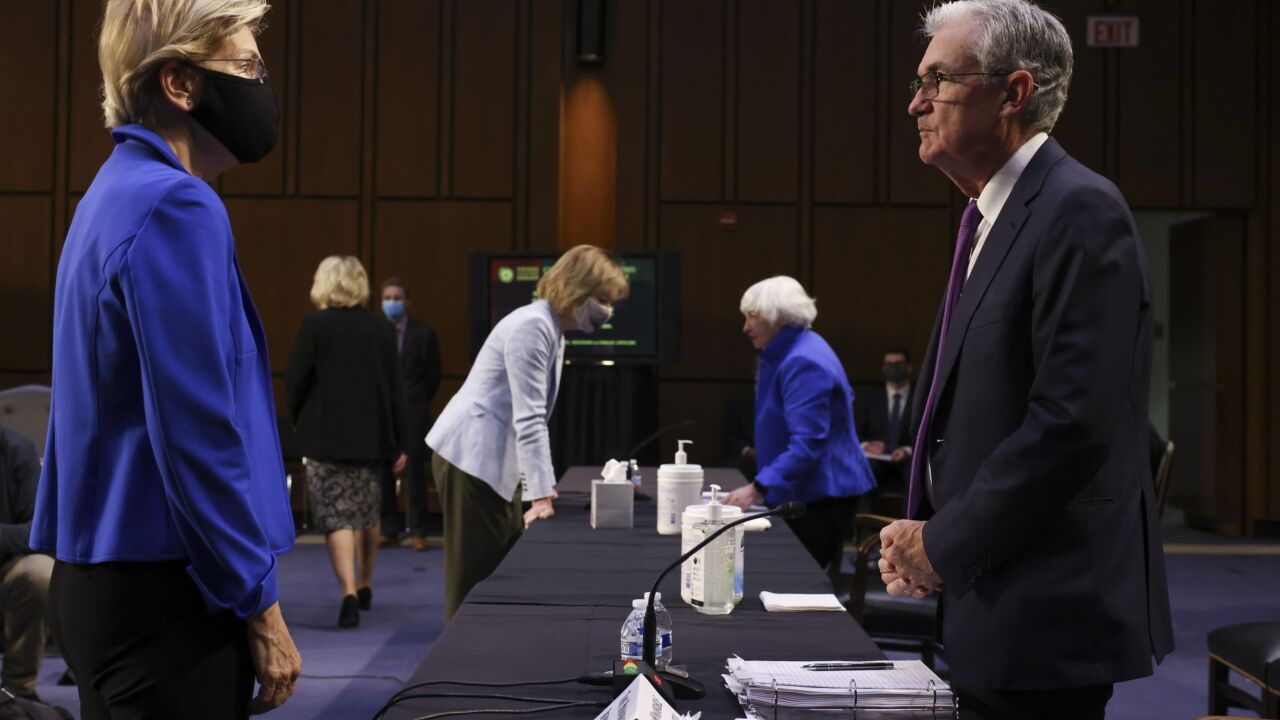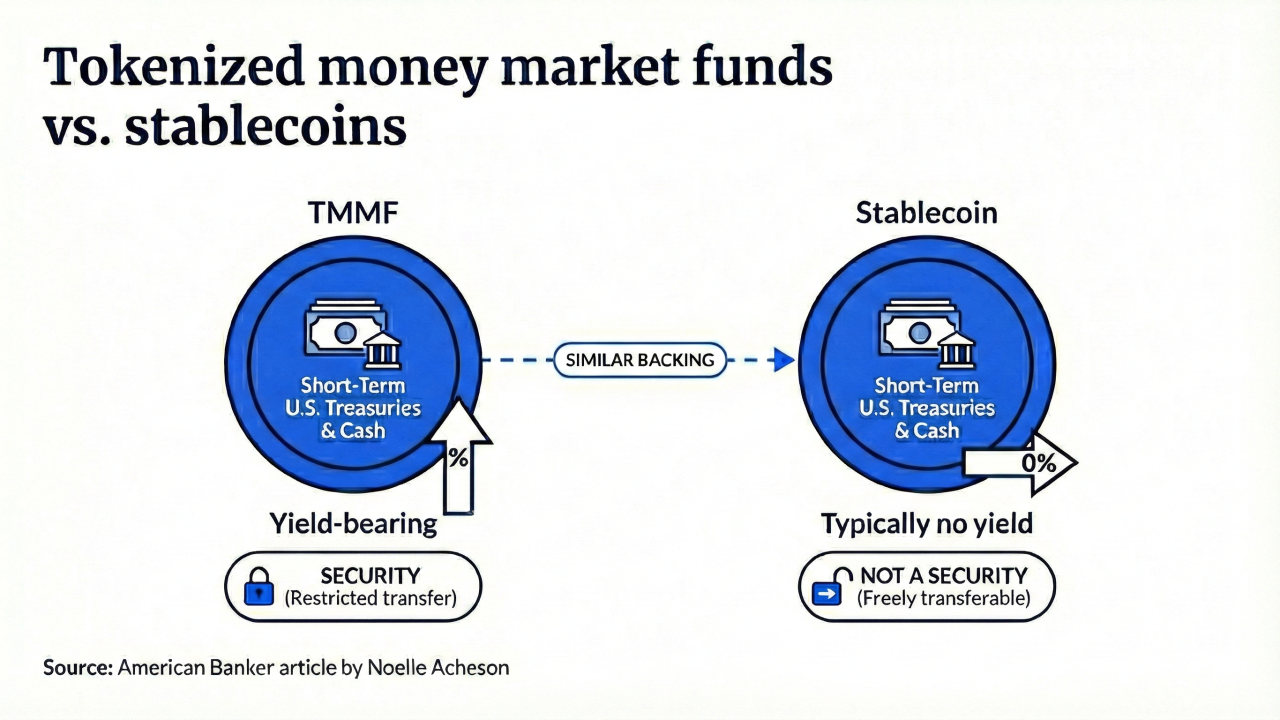First Financial Management Corp. has opened another front in its drive to dominate in transaction processing.
And this one has nothing to do with its recent headline-making catch of Sears, Roebuck and Co.
Sears represented a coup for First Financial's Nabanco subsidiary, which was tapped to process MasterCard and Visa sales in all Sears stores beginning Aug. 1. But potentially sizable chunk of merchant-processing business may ultimately be dwarfed by First Financial's new target: the supermarket industry.
Key Acquisition
To go after this relatively untapped market, First Financial announced a definitive agreement on July 28 to acquire IBT, a consulting firm that has helped financial institutions install branches inside about 600 grocery stores in 34 states.
IBT and First Financial, each based in Atlanta, expect to close the deal within a month, pending antitrust clearance under the Hart-Scott-Rodino Act.
IBT will join other First Financial units in "an integrated product offering and sales strategy approach to supermarkets," said Patrick H. Thomas, chairman,president, and chief executive of the fast-growing processing firm.
IBT - it is an acronym for International Banking Technologies- "has significant relationships with a with significant number of the major supermarkets in the country," said Donald Y. Sharp, senior vice president at First Financial.
Basket of Services
"We have a lot of services - such as check verification, credit card authorization, point-of-sale systems, coupon fulfillment - to offer that market, and IBT brings us into contract with a lot of potential customers," Mr. Sharp said.
The company's supermarket clients include Kroger, Safeway, Albertson's, Ralph's, and WinnDixie.
Whereas the Sears contract brought about 1,800 stores into the Nabanco point-of-sale network, there are 138,000 supermarkets, many of them just beginning to consider taking bank credit and debit cards.
Nabanco is especially interested in the 30,000 large stores that account for 75% of total grocery sales, where the economies of scale pay off.
"These superstores handle over 18 billion transactions per year," Mr. Thomas said.
"IBT has active relationships with 56 of the top 200 retail food companies, which represent over 10,000 stores," Mr. Thomas added. IBT has had more limited relationships with 46 other retailers that have 4,000 stores.
Contributing to the planned "integrated product offering would be IBT as the supermarket liaison; Nabanco as bank card processor; Telecheck, which provides check verification services; Microbilt, which markets card-reading terminals for retail points of sale; and First Image, an image processing company.
By combining resources, First Financial said it can handle all credit card, debit card, and check transactions, with technical linkages to supermarkets' internal computers, the automated clearing house network, and various information systems and services.
"All of these consumer services will be based on an electronic solution offering greater efficiency, functionality, and flexibility in a cost-effective manner," Mr. Thomas said.
IBT has not only been bringing bankers and supermarket operators together - a business in which its closest rival is National Commerce Bank Services Inc., a unit of National Commerce Bancorp. of Memphis.
Spreading the Word
IBT has taken on the role of champion of the in-store branching concept. Its missionary work has included organizing an interest group - the In-Store Bankers Alliance; an annual conference on the subject, where it gives an award to in-store branch manager of the year; and a running count of supermarket branches, which stood at 1,749 on June 30.
About 3% of all U.S. bank branches are in supermarkets, and advocates like IBT say they have barely scratched the surface. A store's traffic typically ranges from 15,000 to 30,000 shoppers a week, and the banks stay open for them far longer than normal banking hours, often seven days a week.
Some bankers have become true believers in supermarkets' business development potential.
Star Bank in Cincinnati is typical, with staff at store branches who spend most of their time selling in the aisles. The bank is primarily opening demand deposit accounts, executive vice president Phillip A. Parker said in a recent report put out by IBT.
"We look at the checking accounts as the linchpin," Mr. Parker said. "Once we have it, we have the basis for cross-selling additional products and services."
Attention, Shoppers
Doug Ferris, who runs National Commerce Bancorp.'s supermarket banking unit, told American Banker earlier this year that his in-store bankers are college educated and make 15% to 20% more money than tellers. They make money for the bank by playing the supermarket promotion game.
"They use the public address system a lot, and use signs posted above the produce section, the meat section, and elsewhere."
"In-store banking is a bottom-line retail solution," John W. Garnett, IBT executive vice president, said recently.
"For one-fifth the cost to build a traditional branch, a financial institution can get into an in-store location," he added. "Now more than ever, cost-conscious, results-driven bank executives are looking for [such] opportunities to impact market share."
Branching Out
IBT traces its history to 1983 when Heritage Bank of Atlanta began experimenting with branches in Kroger stores. The bank was owned by Virgil R. and James M. Williams, who, based on Heritage's growth through in-store branching, formed IBT in 1985.
Other principal officers included Craig Gieler, who came from Kroger Co. and left about three years ago, and John Garnett, formerly of Heritage Bank and First National Bank of Atlanta.
IBT chairman Virgil Williams, a prominent Atlanta businessman who served on the First Financial Management Corp. board from 1985 to 1989, rejoined it when the IBT acquisition was agreed to.





